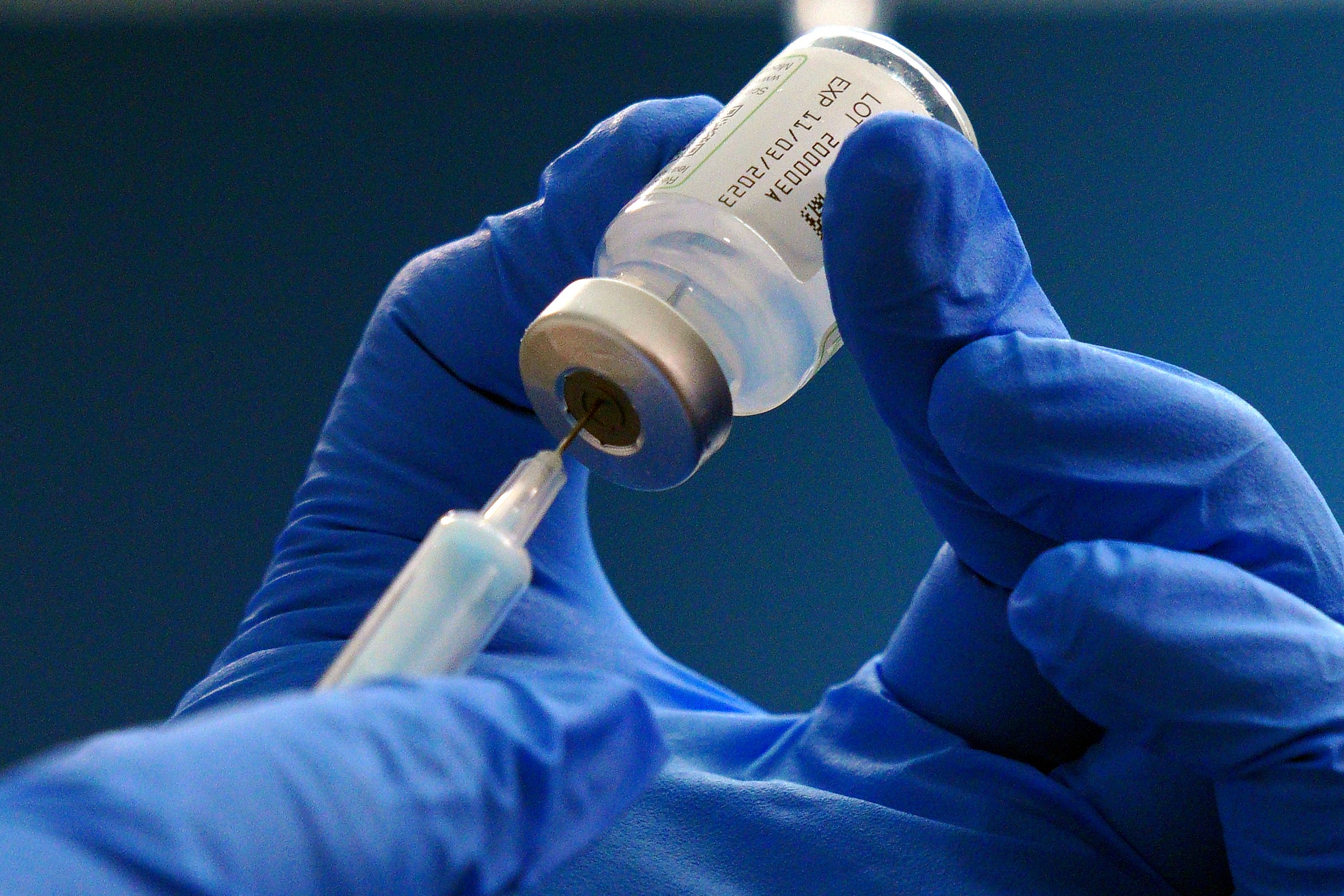More info needed on weight-loss jab’s impact on type 2 diabetes – Nice
The once-weekly jab would be offered to diabetic patients alongside diet and exercise,

More information is needed on a weight-loss jab’s effectiveness in treating type 2 diabetes before it is recommended for NHS use, the National Institute for Health and Care Excellence (Nice) has said.
The recommendation for tirzepatide, which is sold under the brand name Mounjaro and is developed by Eli Lilly, was issued in draft guidance issued by the public body.
The once-weekly injection works alongside diet and exercise for treating adults with type 2 diabetes.
It would offer an alternative to glucagon-like peptide 1 (GLP-1) receptor agonists, such as dulaglutide, liraglutide and semaglutide, which are already recommended for use by the NHS.
Our committee can see the promise in tirzepatide but it requires more evidence to be able to evaluate both its clinical and cost effectiveness
Evidence given to the Nice committee from clinical trials showed tirzepatide at any dose resulted in better glucose control and weight loss compared with semaglutide or insulin therapy.
Weight loss was more pronounced with a higher dose of the drug, although the impact on glucose levels was less dose-dependent.
Nice said its independent committee “recognised the importance of new treatment options” but “more evidence is needed on the clinical and cost-effectiveness of the drug before it is recommended for NHS use”.
It has requested more data from Eli Lilly to address uncertainties in the evidence, which it said should be provided alongside further clarifications on the company’s economic model.
Nice said is it “unclear how accurately the model predicts the long-term health benefits – for example avoiding complications of diabetes – with tirzepatide compared with other GPL-1 receptor agonists, so it is yet to be established if tirzepatide represents good value for money”.
Helen Knight, director of medicines evaluation at Nice, added: “Type 2 diabetes is becoming more prevalent in society, so new treatment options are needed to help people with it to control their blood-glucose levels.
“Our committee can see the promise in tirzepatide but it requires more evidence to be able to evaluate both its clinical and cost effectiveness.”
A consultation on the Nice guidance has started and will run until July 18.
Data published by Eli Lilly in April revealed tirzepatide helped people with type 2 diabetes who were overweight or obese lose up to 16% of their body weight, or more than 34lb over nearly 17 months.
The trial evaluated 938 adults with obesity or who were overweight and had type 2 diabetes.
Researchers compared the drug to a placebo as an add-on to a reduced-calorie diet and increased physical activity for those taking part.
Bookmark popover
Removed from bookmarks